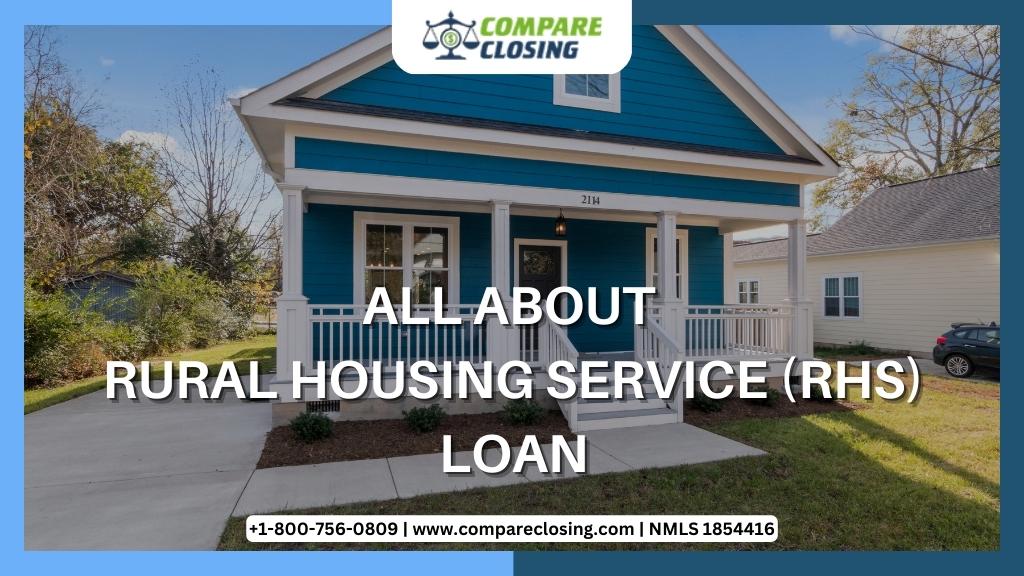RHS Loans are programs provided by Rural Housing Service to build or improve housing and essential community infrastructure in rural areas.
The Rural Housing Service provides loans, grants, and loan guarantees available for any use or purpose.
These include daycare centers, single or multi-family homes, vehicles, hospitals, schools, fire and police stations, nursing homes, essential equipment, housing for farmers, and many others.
That does not mean that they provide loans for free – not everyone can get them. This means that if you can get a loan from a lender, the Rural Housing Service will guarantee that loan.
If the borrower is unable to pay the loan, the Rural Housing Service will pay the lender on behalf of the borrower.






